Nascent - Word of the Day for IELTS Writing and Speaking
5 min read
Updated On
-
Copy link
Using the word “Nascent” perfectly in the exact context makes you sound fluent and natural in your IELTS Speaking and writing test. So, get ready to learn all about it with this article now for a higher band score!
Table of Contents
- Meaning of “Nascent”
- Origin of the Word “Nascent”
- Using the Word “Nascent” in IELTS Writing Task 2
- Using the Word “Nascent” in IELTS Speaking
- Common Collocations with “Nascent”
- Common Mistakes When Using “Nascent”
- Synonyms of the Word “Nascent”
- Antonyms of the Word “Nascent”
- Sample Sentences Based on the Word ‘Nascent’
- Practice Exercise - Nascent

Limited-Time Offer : Access a FREE 10-Day IELTS Study Plan!
In the IELTS Speaking and Writing modules, using a wide range of words would help you express ideas clearly and stand out from the crowd. One of the perfect picks is the word, ‘Nascent.’ This adjective of ‘Nascent’ refers to something that is just beginning to grow, form, or develop.
This word is especially useful when discussing modern technologies, new social changes, early-stage ideas, or projects that are still evolving. In an academic context, “nascent” adds precision and helps you describe ideas and concepts that are young but promising.
So why wait? Let us begin learning all about this word and help you master a good set of vocabulary for your IELTS exam!
Meaning of “Nascent”
The word ‘Nascent (adjective)’ means to form something from scratch, begin to exist, grow, or develop in an early or emerging stage.
For example:
- “The nascent electric transport industry is expected to grow rapidly in the upcoming decade.”
- “Many nascent technologies expect significant funding to become commercially successful.”
This word ‘nascent’ is formal, academic, and commonly used in research writing and is also perfect for the IELTS Writing Task 2 and Speaking Part 3.
Origin of the Word “Nascent”
The term “nascent” has its root in the Latin word “nascentem,” meaning “being born.” It comes from the verb “nasci,” and it means “to be born” or “to come into existence.”
Over the period, this word entered the English language through scientific vocabulary, in which it described chemical processes that were just coming into existence. Now, “nascent” is widely used to refer to anything that is newly formed or emerging, just like movements, industries, companies, technologies, ideas or organisations.
Using the Word “Nascent” in IELTS Writing Task 2
In the IELTS Writing Task 2, “nascent” is ideal when describing new developments or early-stage trends in your essays. This word fits especially well into essays about technology, social change, business, globalisation, and education.
For Example:
“Many nascent technologies, like artificial intelligence and biotechnology, require careful regulation.”
“In many developing countries, the nascent digital economy has the potential to majorly reduce unemployment.”
Using the Word “Nascent” in IELTS Speaking
“Nascent” as a word is more suitable for the Speaking Parts 2 and 3, wherein the questions become more analytical and concept-based. Try to avoid forcing this word into the IELTS Speaking Part 1, which is more casual and personal.
Common Collocations with “Nascent”
- nascent movement
- nascent technology
- nascent industry
- nascent business
- nascent market
- nascent relationship
- nascent trend
- nascent idea
- nascent stage
These collocations help your usage of this word to be natural and accurate in both the IELTS writing and speaking.
Common Mistakes When Using “Nascent”
-
Using it for something that is already established
Incorrect Usage: “Google is a nascent company.”
Correct Usage: “Google these days support most of the nascent companies.”
-
Using it casually for ordinary situations
Incorrect Usage: “I have a nascent plan to go to a Yoga class every monring.”
Correct Usage: “The nation is in a nascent stage of economic reform.”
-
Confusing meaning with “recent”
“Nascent” directly means, “in the early stages of development,” and not just “new.”
-
Using it too frequently in the same answer
It is a specific academic word and hence, you must use it only when relevant.
Synonyms of the Word “Nascent”
- emerging
- developing
- beginning
- initial
- budding
- growing
- newly formed
- early-stage
Book a FREE demo to get in touch with our experts to boost your IELTS vocabulary now!
Antonyms of the Word “Nascent”
- established
- mature
- long-standing
- fully developed
- advanced
- well-founded
Sample Sentences Based on the Word ‘Nascent’
- The nascent renewable energy field is attracting significant global investment these days.
- His nascent interest in psychology eventually led him to pursue a degree in the medical field.
- The nascent startup business faced challenges but showed great promise.
- In most countries, environmental policies are still at a nascent stage.
- Many social media platforms have fueled nascent movements that later grew into famous global campaigns.
- This is not to dismiss his vision as an irrelevance in the forging of a nascent science
- The tribute may sound fulsome, but Jack showed exceptional appreciation of nascent ability.
- We hope their nascent industry would lead to a new era of renewable energy.
Practice Exercise - Nascent
Try to use the word “nascent” in your speech.
Describe a new invention that impressed you a lot
You should say:
- How you knew it
- What the invention was
- How it applied in real life
- And explain why it impressed you a lot
Answer Key - Nascent
Today I will talk with you about a new invention that has astonished me. I came across a related article while browsing the Internet. It was about a ring called Nimb, which was designed to be a quick, subtle way to send your location to anyone, from friends to emergency personnel, to alert them that you’re in a dangerous situation.
Nimb was cofounded by Kathy Roma, who now serves as the company’s communications director. Roma got the idea for Nimb due to an event in her past: She was violently attacked walking down the street, an experience that left her with several scars on her upper body. Then, she came up with the idea of inventing a regular piece of jewellery but it is secretly a connected device for emergency situations. That is the foundational reason for the existence of Nimb. The ring contains Bluetooth technology and can be paired with both iOS and Android phones that can set up an “alert card” with your basic information, a photo, and a map of your location. You can also receive notifications when someone else is in trouble, pre-set your “safety list” and join other communities of users, and message with those on your list if you’re in trouble.
It is an amazing device. You know, nowadays, in the booming chaotic world with the increasing global terrorism, anyone who's been in an unsafe situation knows the feeling: the creeping sensation of dread and the worry that you won’t be able to get help fast enough, should you need it. Therefore, I think the nascent invention will be an indispensable gadget for every citizen in the future.
Vocabulary
- Astonish (verb): to surprise someone very much
- Subtle (adjective): not easy to notice or understand unless you pay careful attention
- Cofound (verb): to start something, such as a company, organisation with someone
- Come up with (phrasal verb): to suggest or think of an idea or plan
- Indispensable (adjective): someone or something that is indispensable is so important or useful that it is impossible to manage without them
Useful Links:
Explore IELTS Resources

Start Preparing for IELTS: Get Your 10-Day Study Plan Today!
Recent Articles
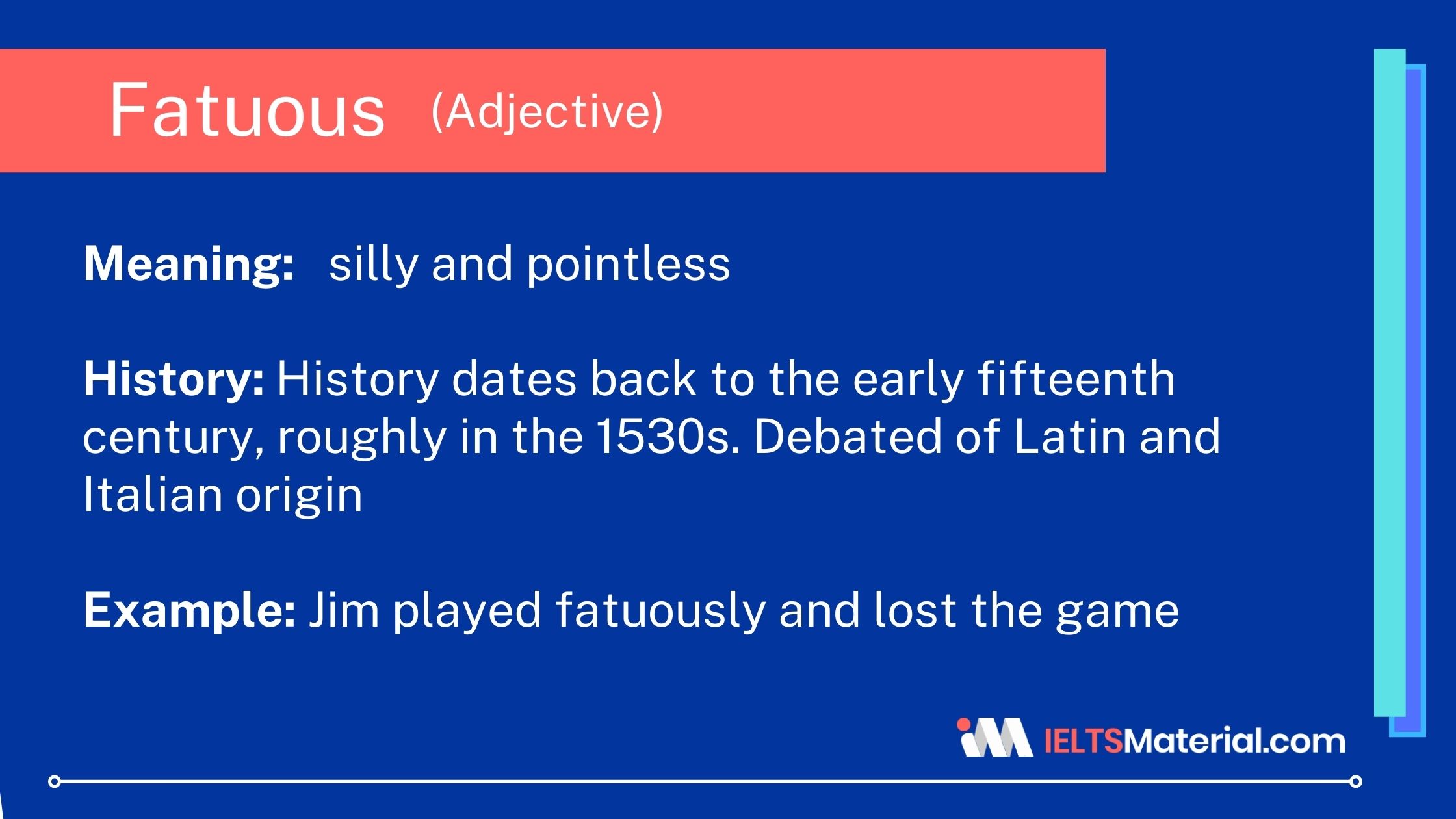
Kasturika Samanta
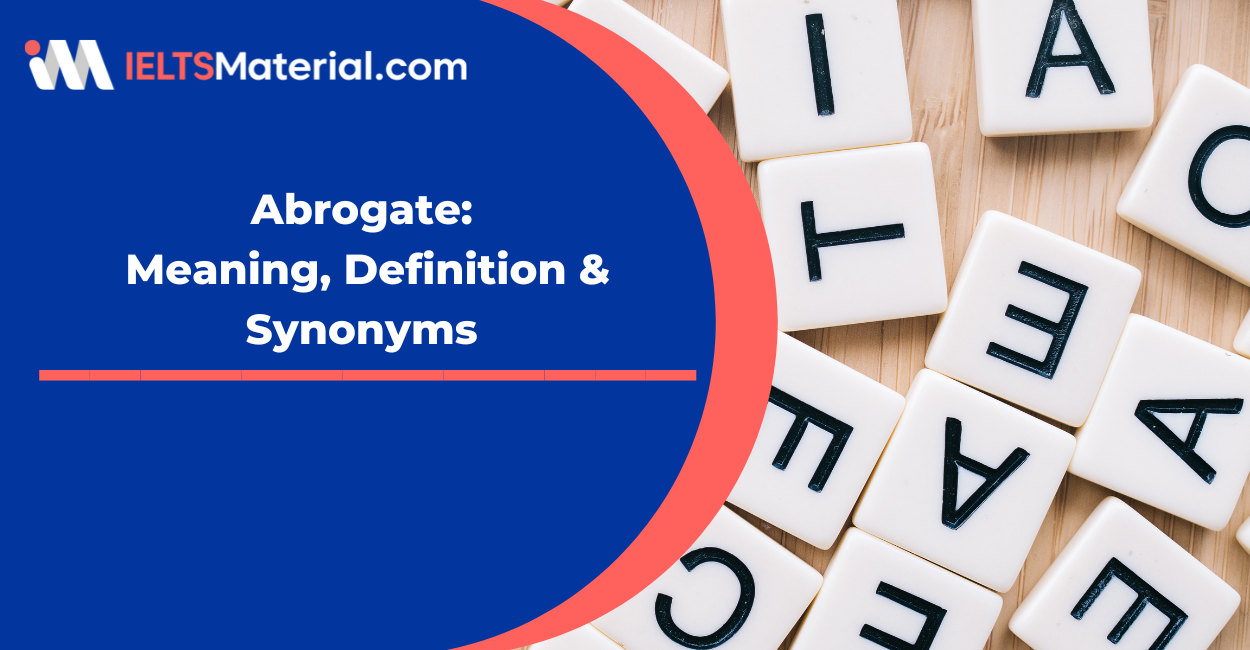
Kasturika Samanta
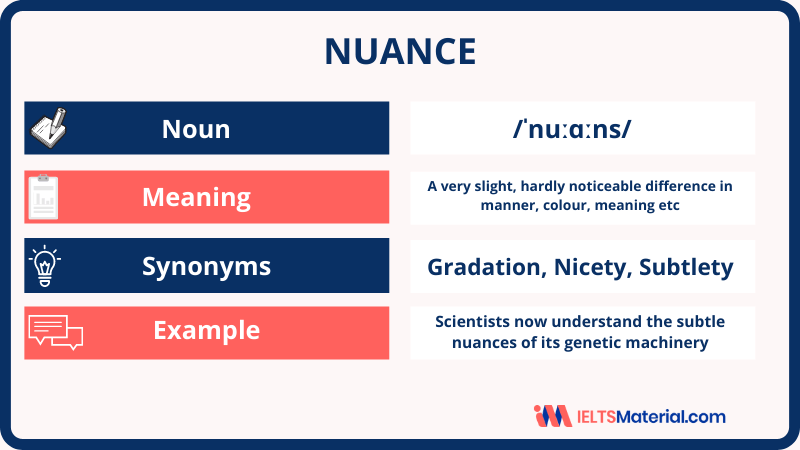
Kasturika Samanta
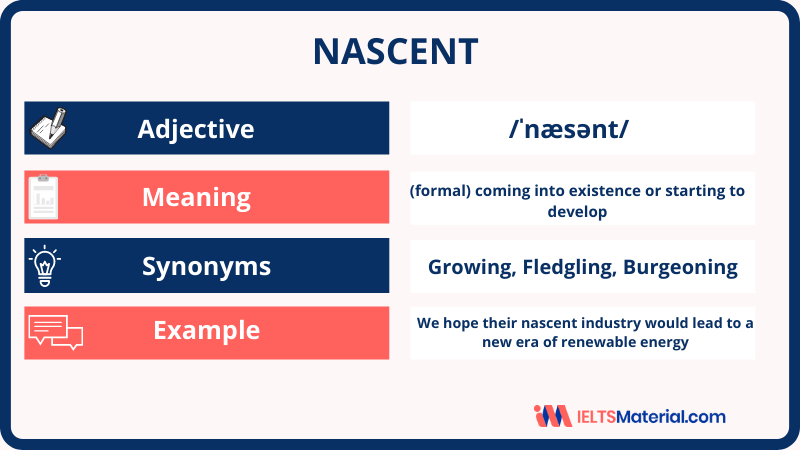

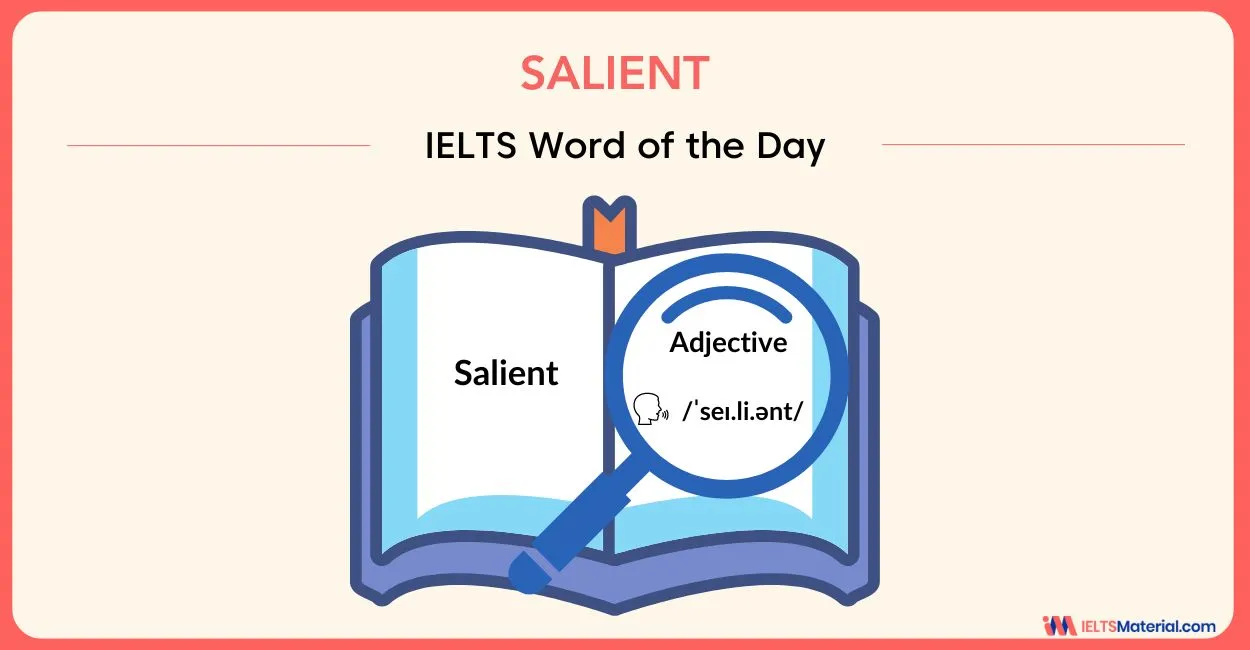


Post your Comments